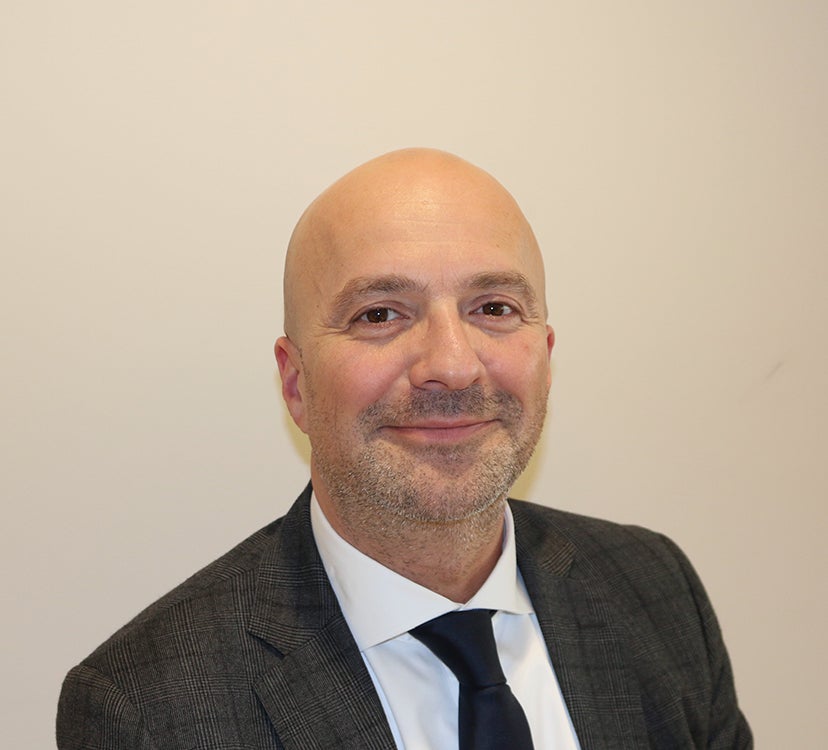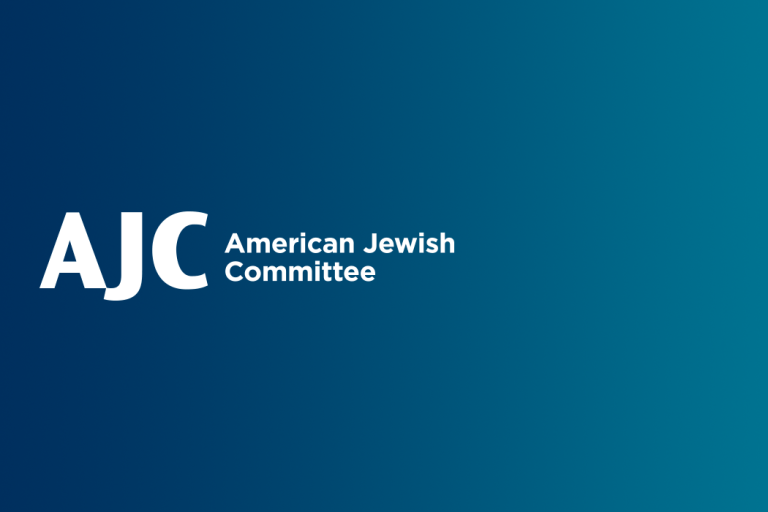July 21, 2023
This op-ed originally appeared in The Algemeiner
Ten years ago, following Hezbollah’s 2012 bus bombing in Burgas, Bulgaria, the European Union (EU) added the group’s “military wing” to its terror list, leaving its supposedly separate “political arm” unsanctioned. My organization, the American Jewish Committee, said the 2013 decision was an important step forward, but inadequate.
Both the US Congress and recently the European Parliament have called on EU governments to finally end this false distinction and designate Hezbollah, in its entirety, as a terrorist entity. Lebanon, the region, and Europe itself would be safer for it.
Hezbollah’s own leaders have repeatedly dismissed the notion that theirs is an organization neatly bifurcated into separate wings. Instead, they proudly proclaim that they are one. Responding to the EU’s partial ban a decade ago, Hezbollah spokesman Ibrahim Mousawi repeated what other Hezbollah leaders had said before: “Hezbollah is a single, large organization. We have no wings that are separate from one another.”
Many European security services agree. Dutch intelligence, for example, determined in 2004 that “Hezbollah’s political and terrorist wings are controlled by one coordinating council.” This is why a growing number of European countries have banned all of Hezbollah, including the Netherlands, Germany, Slovenia, Latvia, the Czech Republic, Estonia, Lithuania, Serbia, and the UK. But for the EU as such to designate the entire Hezbollah group, all 27 member states need to consent. In particular, France, which traditionally leads EU policy toward Lebanon due to its historic links to the country, is still opposed.
The true reason that the EU hasn’t banned Hezbollah’s so-called political arm is not because anyone really believes in Hezbollah’s immaculate bifurcation. Rather, the argument is that Hezbollah is a major player in Lebanese politics, and banning it would supposedly destabilize the country. Continuing the so-called “critical dialogue” with Hezbollah is believed to somehow help maintain a level of order in the country.
Any evidence-based policy review, however, would have to admit that this appeal to realpolitik is not anchored in reality.
Hezbollah is not a normal domestic player that can be reasoned with, moderated, or somehow stirred toward more responsible statecraft through just the right amount of “dialogue.”
With its own military that is far superior to the official Lebanese army, Hezbollah is both a state within a state and that rump state’s dominant power. At its core, it is an organization of Islamist terrorists with a lucrative side business in transnational organized crime whose policy priorities are to a large extent subservient to a foreign Islamist regime. “Founded and funded by Tehran and sustained through organized crime, Hezbollah holds Lebanon hostage to its Iranian revolutionary agenda,” 260 European and American lawmakers wrote three years ago in a text initiated by the Transatlantic Friends of Israel, an interparliamentary group launched in close consultation with the American Jewish Committee.
Despite Europe’s continuing engagement, Hezbollah’s very nature inevitably facilitated and contributed to the massive corruption that has brought Lebanon to near economic collapse. Over the last three years, the GDP has been cut in half, and 80% of the population lives in poverty. The streets are inundated with garbage, while medicine, medical equipment, water, and electricity are in short supply.
Abroad, at the command of its Iranian puppet masters, Hezbollah has helped to prop up the murderous Assad regime in Syria. It thus directly contributed to the massive Syrian refugee crisis that also greatly affected Europe. An estimated 1.5 million Syrians have fled to Lebanon, fueling the country’s economic and social turmoil.
Following the 2006 war with Israel and in violation of the French-sponsored UN Security Council Resolution 1701, Iran has supplied some 150,000 missiles to Hezbollah. While pointing these weapons at Israel’s population, the terror group uses its own civilians as human shields to hide the missiles. Over the last few weeks alone, Hezbollah has repeatedly crossed Israel’s border, risking a devastating war that would cause massive casualties on both sides and possibly another major refugee crisis.
“A war with Israel can deliver us from our crisis,” Hezbollah-affiliated academic Sadek Al-Naboulsi recently mused on Lebanese Al-Jadeed TV. How do you engage with such a “political player”?
Europe can’t stabilize Lebanon by continuing to legitimize the country’s main agent of instability. Europe can’t help prevent a major war between Lebanon and Israel by reasoning with a “political” group whose party program is a radical Islamist creed. And Europe can’t properly fight antisemitism and terror at home while allowing the “political” or “social” arms of a deeply antisemitic organization to spread hate and violence within its own borders.
Hezbollah Secretary General Hassan Nasrallah himself said a few years ago that if the EU were to designate Hezbollah in its entirety, it would “destroy” the organization as “[t]he sources of our funding will dry up and the sources of moral, political and material support will be destroyed.”
Indeed, by naming and shaming Hezbollah, Brussels would help isolate the group, diminishing its appeal both at home and abroad. The EU would give its own security services better tools to fight Hezbollah’s terror, criminal, and antisemitic networks in Europe, while limiting fundraising and recruiting.
Nasrallah may have exaggerated the impact of designating his organization. But there is little doubt that adding the “Party of God” to the EU terror list would destabilize Hezbollah, not Lebanon.
TAKE ACTION: Urge the EU to Label Hezbollah a Terror Organization



